CNC Machining Ireland: Manufacturers & Industry Guide

Part 1: Market Size and Growth
Ireland’s CNC machining ecosystem punches above its weight in Europe. I see compact job shops working beside global OEMs, all tied into medical devices, aerospace, energy, and electronics. The common thread is precision, documentation, and fast new-product introduction across small and medium batches.
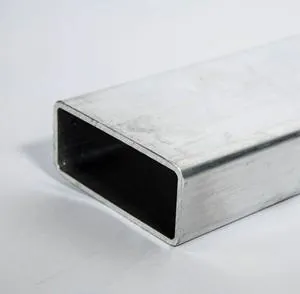
Demand grows because export supply chains trust Irish quality systems and traceability. Many teams run multi-axis centers with probing, pallet pools, and clean metrology rooms. I notice careful fixture design and CAM simulation before chips fly, which keeps first-article risk low.
Policy and clusters help as well. IDA Ireland and regional institutes link funding, training, and labs to shop floors. This network rewards automation pilots, material trials, and digital work instructions that turn tribal know-how into repeatable playbooks.
Why Ireland Wins on Quality and Compliance
I hear buyers praise how Irish machinists keep paperwork tidy without slowing throughput. Operators follow simple travelers with photos, QR codes, and check boxes. Auditors find the same structure on every job, so reviews end quickly and cleanly.
Shops also pair machining with validation. Programmers build risk tables around thin walls, deep pockets, or tight bores. They plan clamps, cutters, and coolant as a system, which protects surface integrity and cycle time together.
Where Demand Comes From Today
Medical technology anchors steady orders for implants, instruments, and fixtures. Aerospace and space programs add complex aluminum, titanium, and high-temp alloys. Energy equipment and advanced electronics bring medium-tolerance parts that reward robust scheduling.
I see more requests for 5-axis monolithics, micro-features, and burr-critical edges. Teams quote PPAP or FAIR timelines with confidence because metrology is scheduled like a machine. This mindset turns inspection into capacity, not a bottleneck.
Part 2: Leading Companies
Takumi Precision Engineering (Limerick)
Contact Now
Takumi Precision Engineering grew from a regional toolroom into a multi-industry CNC partner. The team blends aerospace discipline with medical device sensitivity on the same floor. I see strong program management that keeps complex jobs calm and predictable.
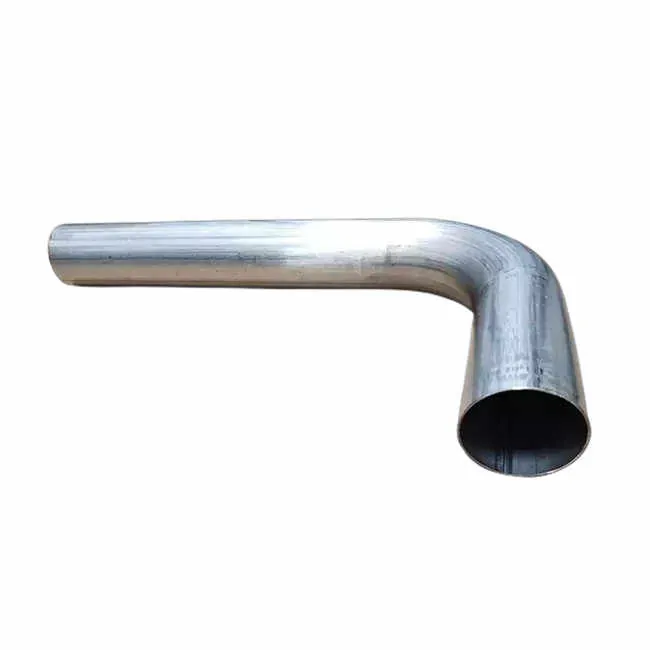
Capabilities include 5-axis milling, multitasking turning, jig grinding, and assembly. Engineers co-design datum schemes so features line up in one-and-done strategies. CAM programmers simulate engagement and deflection to protect finish on thin sections.
Takumi serves aerospace, medical technology, and industrial equipment. Project managers build travelers with probe checks, torque specs, and photo evidence. Buyers like the transparency because it shortens FAIR or PPAP loops.
Technical highlights include zero-point pallets, in-process probing, and SPC dashboards. Tool libraries set conservative limits for gummy alloys and hard metals. These rules keep scrap down and OEE steady across shifts.
Certifications include AS9100 for aerospace streams and ISO 9001 across general work. Customer approvals from major OEMs and Tier-1s sit on file. Audit culture is strong, so findings become standard work, not binder dust.
Shannon Precision Engineering (Shannon, Co. Clare)
Contact Now
Shannon Precision Engineering focuses on high-accuracy parts for aerospace, energy, and industrial motion. The shop’s layout favors flow between milling, turning, and inspection. Operators treat probing and offset control as part of cutting, not post-process.
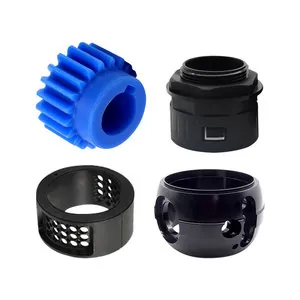
Products range from prismatic housings to complex rings and shafts. Teams run aluminum, stainless, and nickel alloys with careful heat management. They document tool wear patterns, which stabilizes long runs and reduces rework.
Industries include commercial aerospace, power systems, and precision automation. I see cells that move smoothly from prototype to repeat orders. Customers value the way fixtures and toolpaths evolve without losing traceability.
Innovation shows up in robot-tended pallets, machine monitoring, and digital travelers. SPC charts trigger simple green-yellow-red actions at the machine. This keeps decisions local and fast, so managers avoid firefighting.
The quality stack includes ISO 9001 and AS9100 for aerospace programs, plus environmental practices aligned with ISO 14001. Consistent documentation makes external audits straightforward.
Croom Medical (Limerick)
Contact Now
Croom Medical is an advanced manufacturing partner for med-tech. Machining lives beside finishing, cleaning, and validated inspection routines. Every step assumes biocompatibility and regulatory clarity.
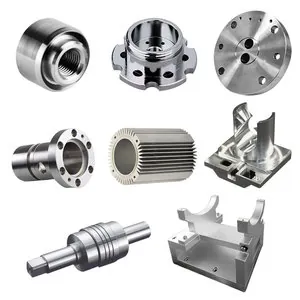
Core work covers orthopedic implants, surgical instruments, and precision tooling. Engineers design fixtures that balance clamping force with gentle contact. Micro-deburring and edge control prevent downstream contamination.
The company serves global medical device OEMs and high-growth startups. Small lots demand quick changeovers and tight revision control. Travelers show gauge IDs, calibration dates, and operator sign-offs in plain language.
Technical strengths include 5-axis micro-milling, high-polish finishing, and integrated cleaning. Metrology plans call out high-risk features with extra sampling. That discipline reduces surprises at validation gates.
Certifications include ISO 13485 for medical devices, alongside ISO 9001 and cleanroom controls for critical steps. Regulatory awareness turns complex launches into methodical checklists.
| Company | Founded | Core Products | Industries | Certifications |
|---|---|---|---|---|
| Takumi Precision Engineering | Limerick, Ireland | 5-axis parts, jigs, assemblies | Aerospace, Medical, Industrial | AS9100, ISO 9001 |
| Shannon Precision Engineering | Shannon, Co. Clare | Housings, rings, shafts | Aerospace, Energy, Automation | AS9100, ISO 9001, ISO 14001 |
| Croom Medical | Limerick, Ireland | Implants, instruments, precision tooling | Medical Technology | ISO 13485, ISO 9001 |
Part 3: Trade Shows and Industry Events
National Manufacturing & Supply Chain Conference and Exhibition (Dublin)
This show is Ireland’s big tent for manufacturing, automation, and supply chain. I meet CNC shops, OEM buyers, and software vendors in one loop. The agenda mixes hard machining demos with practical talks on quality and resilience.
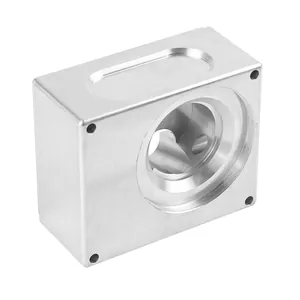
It typically runs annually in Dublin and draws strong attendance from across the island. Exhibitors range from machine tools to metrology, cutting fluids, and MES. I often see hallway deals turn into trial lots with clear timelines.
Highlights include 5-axis strategies, probing workflows, and digital work instructions. Buyers compare pallet systems, bar-feeders, and cell controllers in real time. It is the fastest way to align capex with real cycle-time data.
Medical Technology Ireland (Galway)
Medical Technology Ireland in Galway focuses on med-tech manufacturing and supply chain. CNC machinists showcase implants, instruments, and micro-features. Regulatory sessions sit right beside process engineering talks, which is perfect for teams like mine.
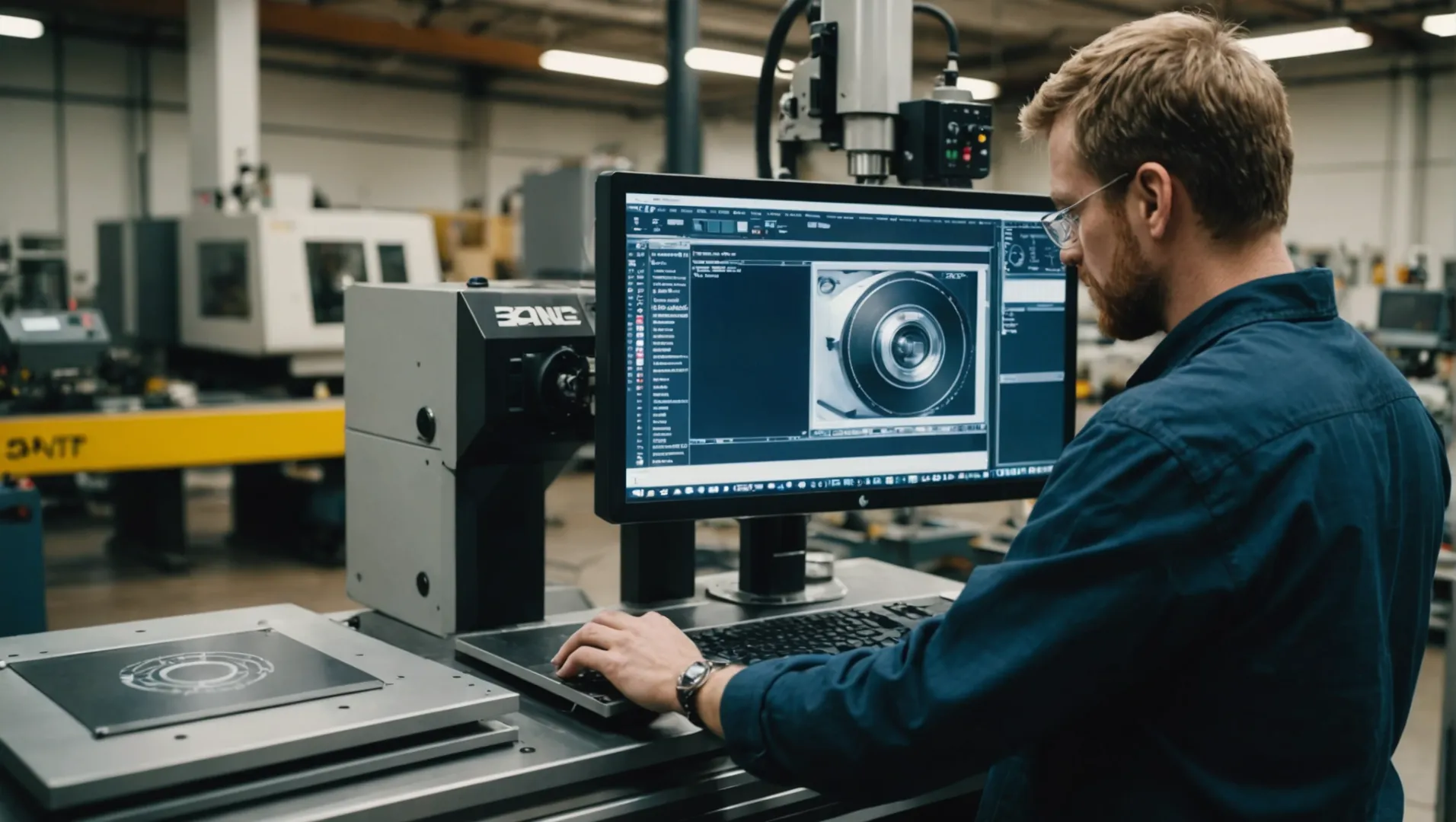
The event usually runs each year and attracts device OEMs, startups, and precision suppliers. I like the speed meetings that pair suppliers with R&D engineers. Many chats end with a clear validation plan and first-article scope.
Standout themes include ultrasonic cleaning, burr control, passivation, and surface integrity. Inspection vendors demo flexible CMM routines that match real fixturing. These demos save weeks when launch schedules compress.
| Event | Date | Location | Highlights |
|---|---|---|---|
| National Manufacturing & Supply Chain Conference & Exhibition | Annual | Dublin | 5-axis demos, MES, metrology, automation |
| Medical Technology Ireland | Annual | Galway | Implants, micro-machining, regulatory & QA sessions |
Part 4: Impact of Global Trade Policies
EU membership shapes everyday realities for Irish CNC shops. Single-market rules simplify standards, materials, and customer audits. Brexit shifted logistics routes, so many teams built smarter buffers and dual sourcing.
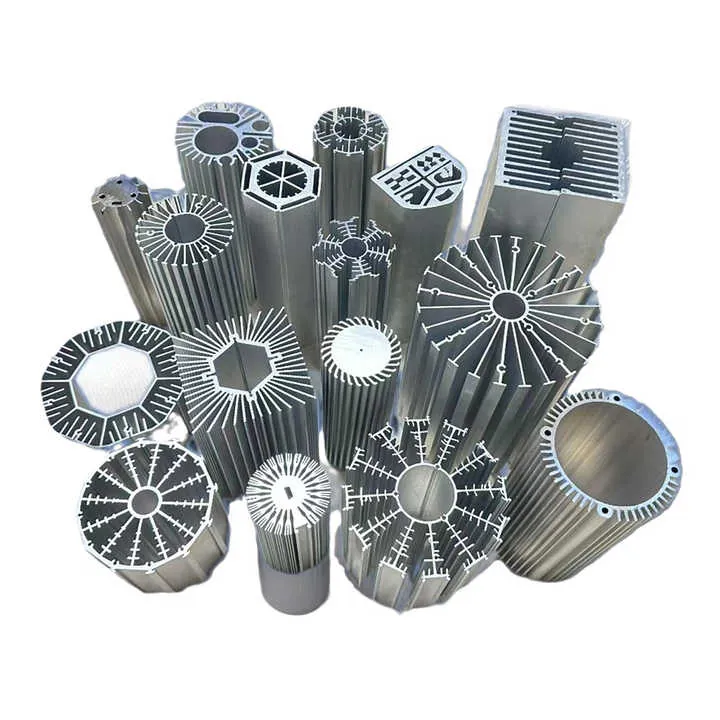
Global policies ripple into alloy prices, insert availability, and energy costs. Smart quotes include material clauses and realistic lead times. Suppliers protect delivery by approving equivalents with trials and Cpk evidence.
I see more customers ask for ESG reporting and waste-fluid management. Shops extend coolant life, recycle chips, and document energy use. This turns sustainability into a sales advantage, not a burden.
How Irish Shops Stay Compliant Without Losing Speed
Teams map customer clauses to internal checklists that live in the traveler. Operators sign each gate, and supervisors verify with quick layered audits. Auditors get the same structure on every job, which shortens visits.
Risk reviews happen before CAM work starts. Engineers flag worst features, then choose fixtures, cutters, and toolpaths to match. By controlling risk early, first-article passes become normal, not lucky.
Part 5: Conclusion
Ireland’s CNC machining sector blends precision, documentation, and friendly responsiveness. I watch teams move from prototype to volume without drama because planning lives inside the traveler. With med-tech, aerospace, and clean-energy demand, the runway looks long and healthy.
Challenges remain around energy costs, skilled labor, and supply volatility. The playbook is clear: automate smartly, validate deeply, and keep paperwork simple and visible. Irish machinists who follow that path will keep winning bigger, safer programs.
Recommended Reading:
CNC Machining Saudi Arabia
CNC Machining Switzerland
CNC Machining Taiwan
CNC Machining Iran
CNC Machining Poland
CNC Machining Sweden
CNC Machining Belgium
CNC Machining Thailand
What is better, PVC or aluminum windows?
Casters and Wheels Manufacturer
Aluminum Extrusion High-strength CNC Drilling 7003 Aluminum Round Pipe
Extruded Aluminum Z Bar



